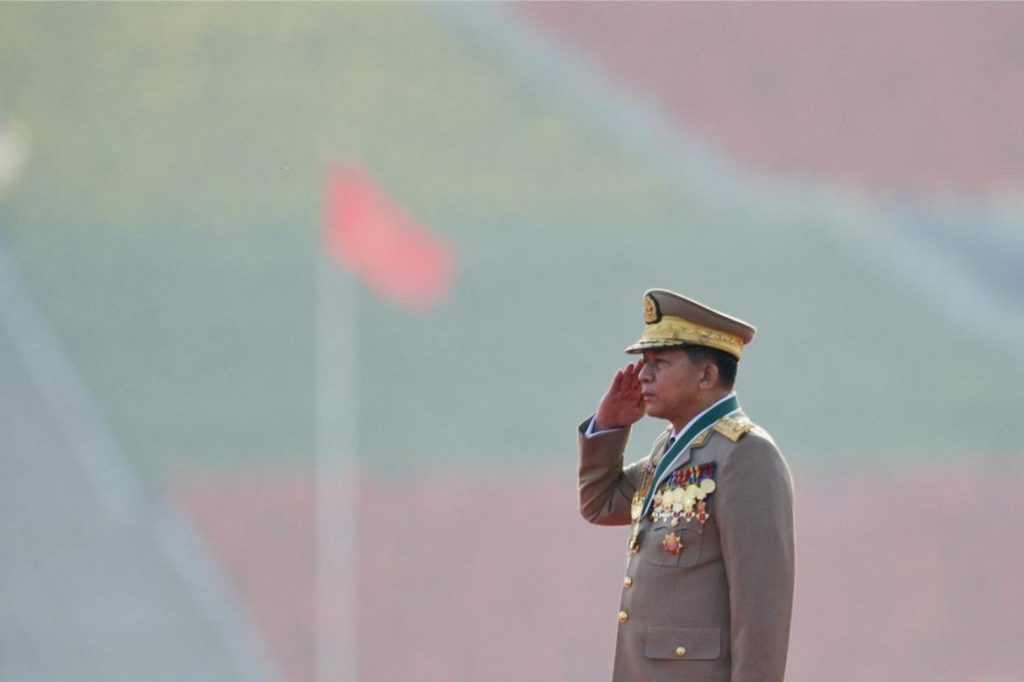For as long as military-owned enterprises remain profitable and independent of civilian oversight, the military will have no incentive to cede its powers to a civilian government.
Successive regimes in Myanmar pursued a wholly state-driven economic development model for decades longer than most of the international community. There is little positive to say of the legacy of these policies. Corruption is rampant. Entrepreneurs are hamstrung by excessive government regulation. The civil service is woefully bloated and inefficient. Education and health spending per capita are among the lowest in the world. Per capita income is the second-lowest in ASEAN.
Yet perhaps this sorry inheritance will offer a uniquely positive opportunity for the people of Myanmar, and not just for the cohort of global investors perennially in search of high margins in emerging markets. The lingering political and social consequences of IMF-mandated shock therapy in Latin America and Russia, the irrational exuberance and long hangover of the Asian Financial Crisis, and the human rights violations and environmental destruction that have been the twin hallmarks of nation-building projects in Southeast Asia continue to inform the debate about the path to achieving a sustainable development model. Myanmar’s policymakers can draw from a wealth of regional and global experience.
Nothing can be achieved if the next government does not first engage in a comprehensive overhaul of civil and administrative structures. The Ministry of Communications and Information Technology has been held up as a model for the rest of the bureaucracy because of the transparent and effective way it tendered for international firms to end MPT’s long monopoly of the telecoms sector, but other privatisations have been much more opaque. The Yangon Region government’s granting of a 30,000-acre development contract without a tender was shelved in 2014 when it was revealed the recipient company’s founders had a close relationship with the former chief minister. Any reform programme is futile if it is ultimately hijacked to allow those in positions of influence to line their own pockets.
There are some tentative signs that the government is moving towards a model of economic development that will respect local communities. If the National Land Use Policy is adopted, it will hopefully set the framework for a departure from the massive land seizures that characterised village life under the former military regime. However, it remains to be seen whether the policy will be adopted by the next government, and whether it will be enough to ensure the fundamental rights of citizens are respected when they stand in conflict with capital.
The military, as in the political realm, will be the biggest obstacle to the reform of the economy. The rationale behind the establishment of the Union of Myanmar Economic Holdings Ltd and the Myanmar Economic Commission, the two holding companies controlled by the Ministry of Defence, was grounded in the lesson of nations such as Singapore lifting themselves out of poverty through the judicious use of state-owned enterprises. In the last 25 years, both conglomerates have become unslayable giants, with sprawling interests in banking, mining, transport, real estate, tobacco, alcohol and heavy industry.
Support more independent journalism like this. Sign up to be a Frontier member.
For as long as these two firms remain in military hands, Myanmar’s economy is hamstrung. Their continued presence ensures that most of the military’s revenue streams stay off the books and away from prying eyes. The involvement of UMEHL in Kachin State’s illicit jade trade and controversial projects such as the Letpadaung copper mine give its directors a financial incentive to skirt the law, knowing there will be no real domestic consequences while the military retains the political privileges enshrined under the constitution that its former leaders drafted.
For as long as these conglomerates remain profitable – armed with the coercive power of the state, they will remain profitable indefinitely – and independent of civilian oversight, the military will have no incentive to cede its powers to a civilian government. Slicing through this Gordian knot will need a bigger sword than anyone in the next government can hope to wield.







